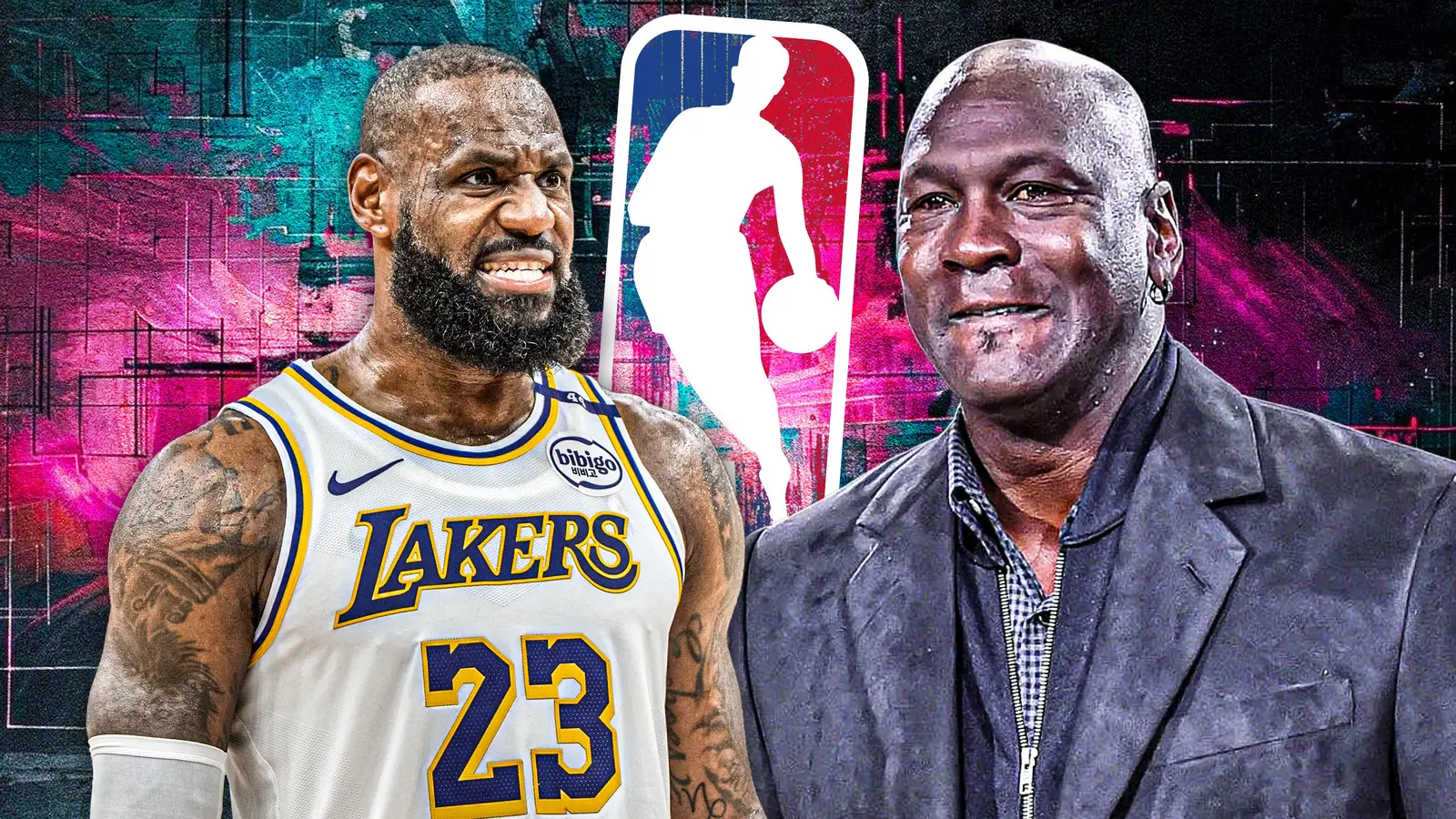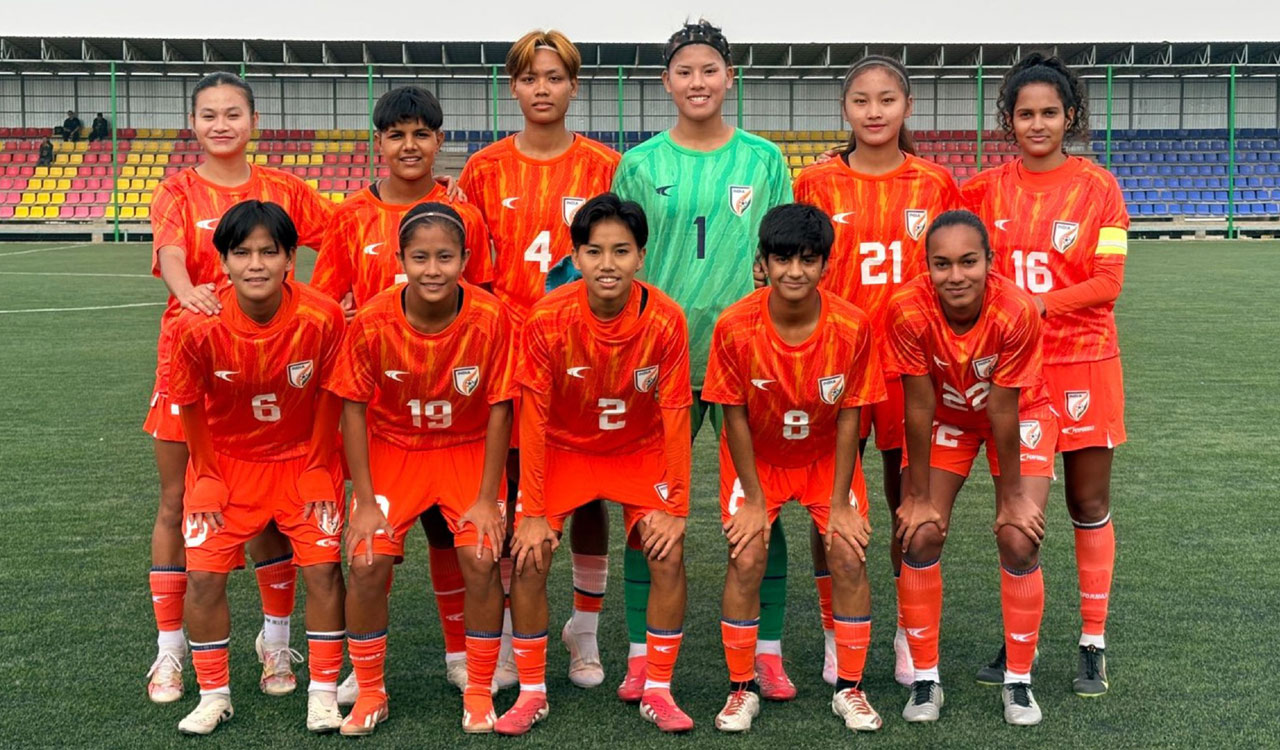Copyright GIVEMESPORT

When it comes to basketball excellence, Michael Jordan is largely seen as the gold standard. The legendary shooting guard's NBA career is defined by an almost unmatched dominance that saw him win six championships in eight years with the Chicago Bulls. Michael's combination of scoring brilliance, defensive intensity, and killer instinct made him the ultimate competitor throughout his 15-year career. And this approach drew in millions of new viewers throughout the 1990s, while inspiring generations of new players. Whether it was the “Flu Game,” “The Shot” over Craig Ehlo, or his final championship-winning jumper over Bryon Russell, Jordan is the centerpiece of some of the NBA's most iconic moments. Because of the figure that MJ still casts over the basketball landscape, whenever the five-time MVP decides to speak up on any issue, millions listen. In his new role with the league, Jordan just gave a scathing critique of the biggest issue with the modern-day NBA. Michael Jordan is not happy with one trend he's seeing in the modern-day NBA Michael Jordan has officially joined NBC Sports as a special contributor for its NBA coverage this season, marking his first official broadcasting role since retiring in 2003. MJ has appeared mainly in taped segments and special features, and in a recent interview with Mike Tirico, the first-ballot Hall of Famer shared his perspective on the issues with the modern-day NBA. Jordan publicly called out load management and how players opting for rest contradicts with the basketball culture he grew up in the '80s and '90s. "Well, it shouldn't be needed, first and foremost. You know, I never wanted to miss a game because it was an opportunity to prove. It was something that I felt like the fans are there that watch me play. I want to impress that guy way up on top who probably worked his [butt] off to get a ticket or to get money to buy the ticket. Yeah, because I know he's probably yelling at me and I want to shut him up," Jordan said. You know, he's calling me all kinds of names. I definitely want to shut him up. ... You have a duty that if they're wanting to see you, and as an entertainer, I want to show. Right? I was going to find a way to get out there, even if I was a decoy." The concept of load management in the NBA gained significant traction in the early 2010s, when the San Antonio Spurs, under Gregg Popovich, began resting veterans like Tim Duncan, Manu Ginobili, and Tony Parker to keep them fresh for the playoffs. Other franchises ultimately followed suit as they began tracking player fatigue, recovery, and performance data more closely, leading to more structured rest plans. Since then, the NBA has stepped in to regulate the practice as it became controversial. Fans, of course, were disappointed by paying full ticket price for games only to see stars sit out when they were healthy. Therefore, in 2017, the league implemented policies allowing fines for resting healthy players during nationally televised games, and in 2023, it introduced the Player Participation Policy. This policy requires star players to play in most games unless they’re injured, limits the number of stars who can rest in the same game, and mandates that teams provide transparent medical justifications for absences. There is also a rule that players must participate in at least 65 regular-season games to be eligible for major end-of-season awards, such as the regular-season MVP and All-NBA teams. These measures are working, but star players still miss a significantly larger number of games than they did in the 1990s. Michael Jordan comes from an era when athletes often played through physical ailments, regardless of the long-term consequences. We will likely never return to the basketball culture of the past, but that doesn't mean there aren't numerous ways to enhance the NBA product. In particular, the officiating.

![Sandy Brondello picked Tempo over 2 other WNBA coaching offers [Report]](https://d2731bbzmt3wpb.cloudfront.net/news/image/us-west-2:25d97050-7aa7-43a6-a623-8fb02e6af97e/20251105/fa4eb14f43f54d038a02e23af646cdc6.jpg)

